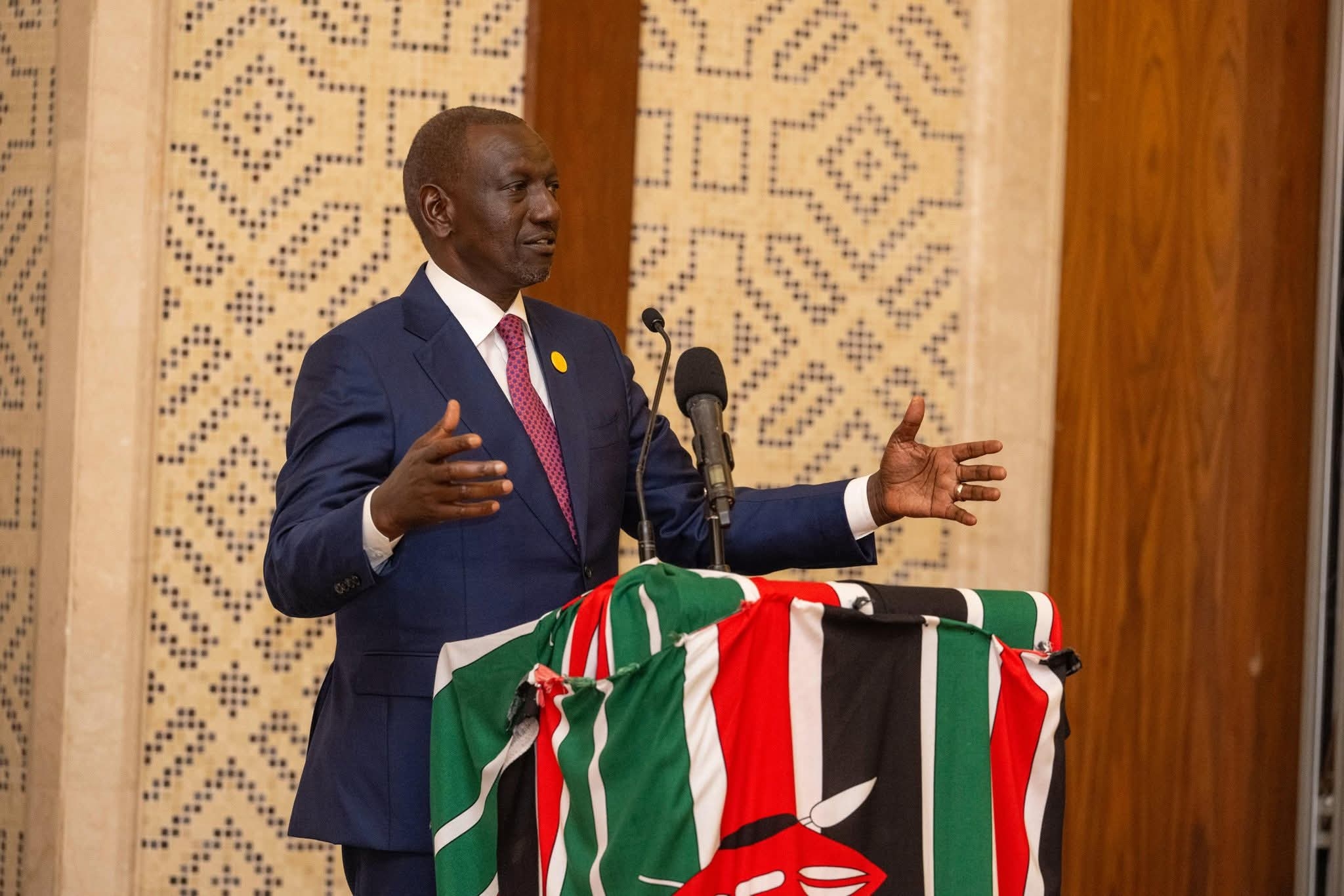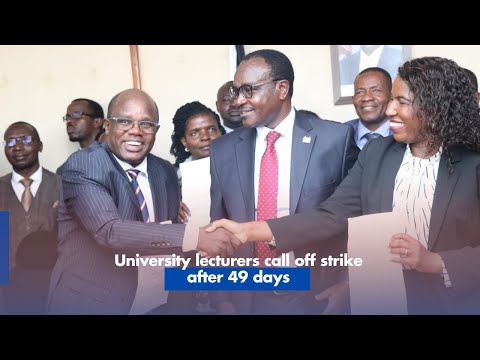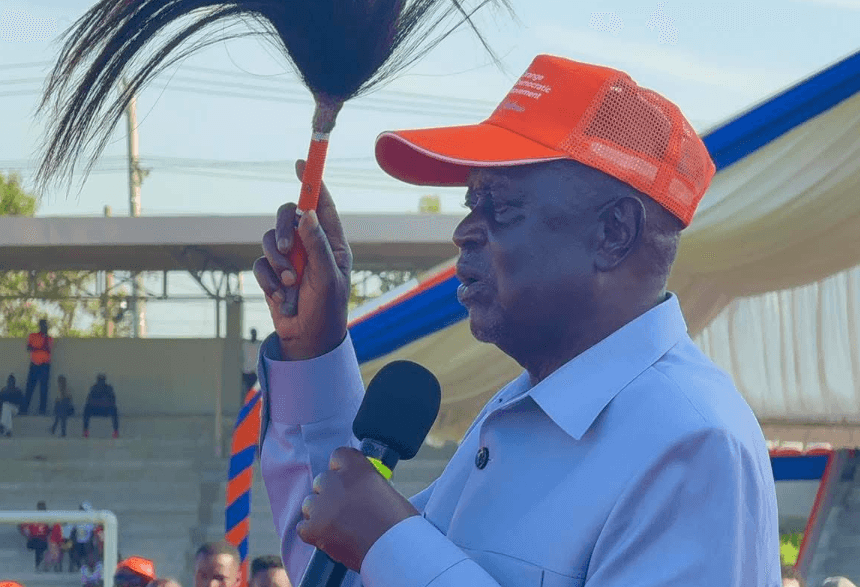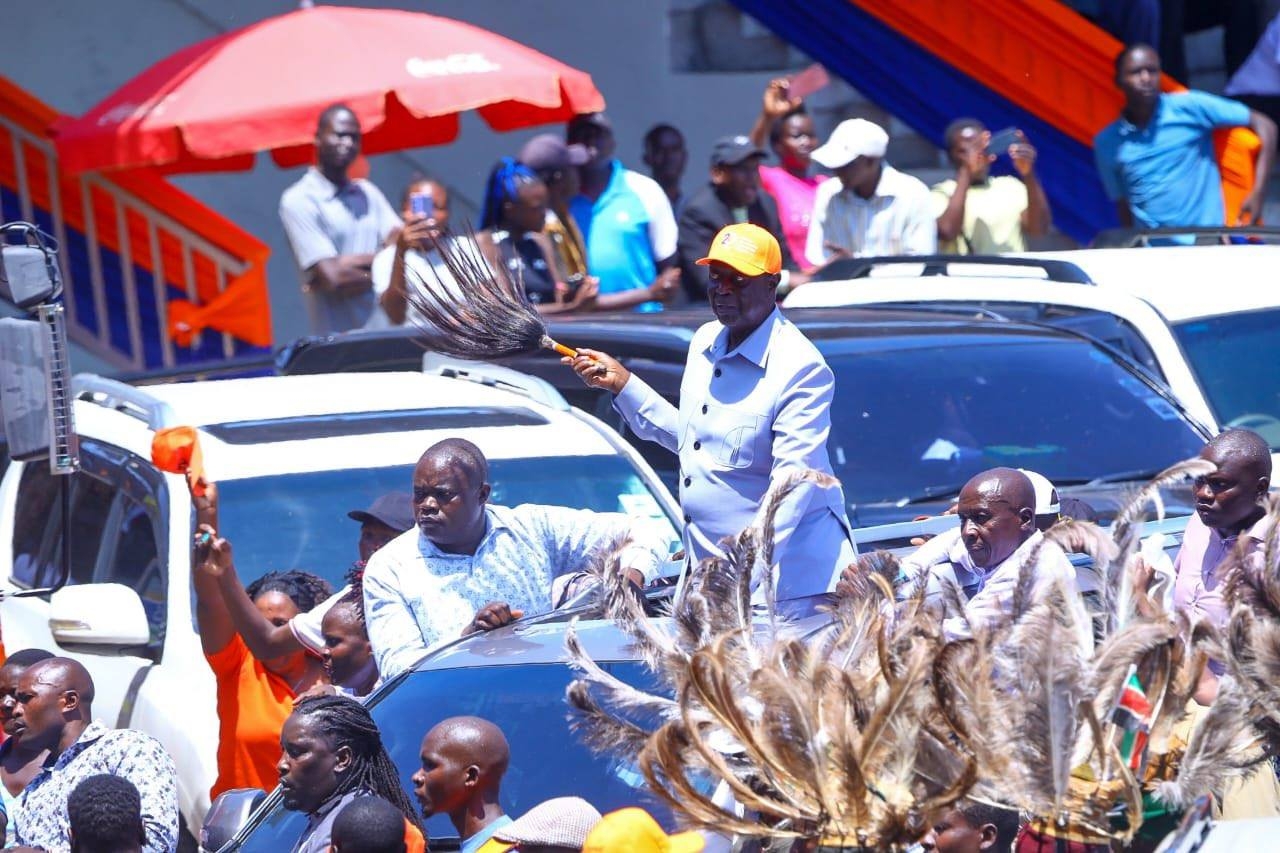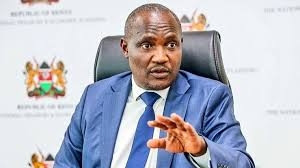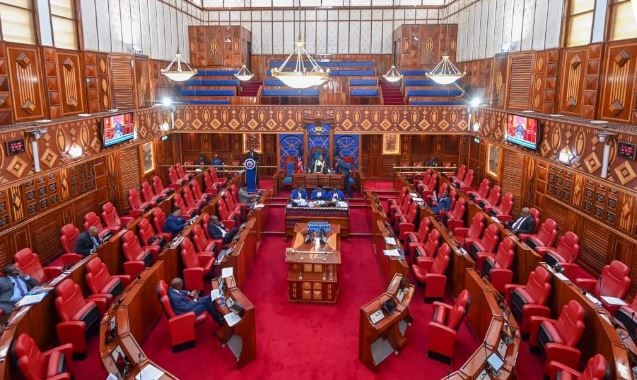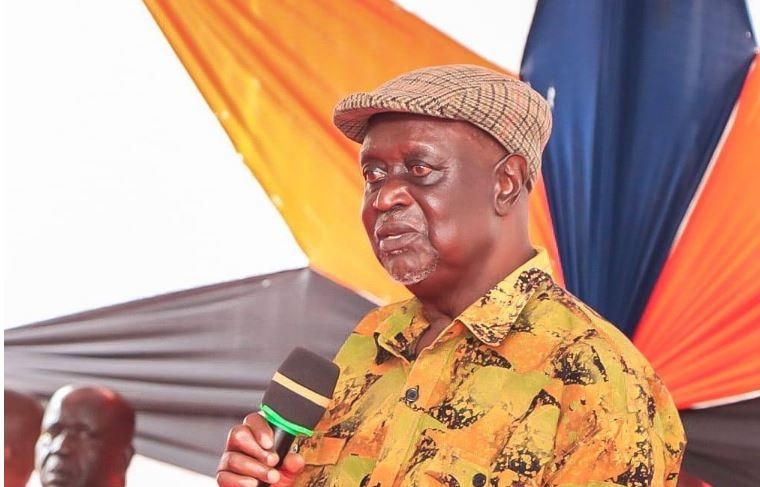Narok Senator Ledama Olekina has poured cold water on the Kenya Kwanza's government-to-government oil deal with Gulf countries terming it a "big mistake".
The procurement method saw Kenya enter a bilateral agreement with oil-producing countries in the Gulf for the supply of oil on credit to stabilise fuel prices in the country.
The deal enables Kenya to procure fuel using local currency and eliminates the need to source for dollars.
Ledema, however, questioned the rationale behind the deal saying whereas it's an agreement between two governments, it doesn't eliminate middlemen which is part of the reason.
"When it comes to fuel prices the con game is on the real prices of fuel! Yes, the government facilitated the G2G with Gulf countries (a big mistake if you ask me) but in the real sense where does the government come in?" he posed.
"It is still the oil marketers who import fuel into the country. These Oil Marketers are very stingy with the truth on their profits," Ledama said in a statement on Monday.
President William Ruto said the government resorted to the government-to-government deal in order to stabilise fuel prices in the country.
The method is not regulated under Kenyan procurement law and its compliance with the public procurement system as stipulated in the Constitution is a matter of concern.
Nonetheless, the first consignment of fuel procured on credit from Gulf countries arrived at the Mombasa port in March although the much-hyped fuel price stabilisation effect failed to be felt by consumers.
In its September-October review of fuel prices, energy regulator Epra hiked fuel prices by a record margin of Sh16.96 for Super Petrol Sh21.32 for Diesel andSh33.13 for Kerosene effectively putting the prices of the commodities at Sh211.64, Sh200.99 and Sh202.61 per litre respectively in Nairobi.
Ledama read more into the government-to-government deal.
"Why don’t they actually tell us what they bought the oil for? he asked in a statement issued on social media platform X.
In a consecutive post, the lawmaker said the government was not being truthful in its explanation for the high fuel prices by saying it's a global phenomenon.
"Yes the price of fuel can be lowered but your KK government wants you to think it’s a global issue. 54 per cent of your fuel prices are Taxes and Levies. President William Ruto if you really care about the hustlers lower these taxes," he said.
Trade CS Moses Kuria has already warned that things will get worse in the coming months with a litre of petrol projected to hit Sh260 by February.
"And El Nino is coming in three weeks that will last till March. These are global and climate change-driven. Responsible leaders ought to tell the truth to prepare the people," he said on September 16.








